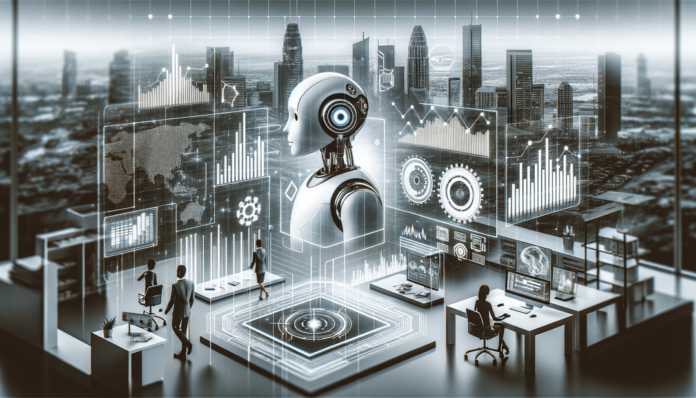Information retrieval with efficiency remains a top priority in today’s business world. Workers spend time undulating through channels to find particular workplace policies, which wastes time and reduces productivity. Artificial Intelligence (AI) has been appearing as a revolutionary solution that can centralize and facilitate access to these documents.
The Challenge of Information Retrieval.
Take, for example, an employee asking for clarification of the parental leave policy of a company. Conventionally, this could mean approaching several sources: immediate managers, human resources staff, or intranet websites. This disorganized process not only takes time but also keeps HR professionals away from more strategic work.
AI-Powered Enterprise Search Solutions.
AI-based enterprise search solutions are overcoming these problems by making company policies available through centralized access. Platforms such as Dayforce have brought AI agents that can quickly fetch relevant documents. For example, at Dayforce’s annual conference in November 2024, the firm launched an AI agent aimed at improving enterprise search functionality. Likewise, Cisco Webex has been beta-testing its AI agent, “Kate,” with a public release expected in February 2025. These agents enable employees to ask natural language questions and get immediate, correct answers, frequently including direct links to relevant policy documents.
Real-World Applications.
The real-world applications of AI-driven search are apparent.
Manoj Muthavarapu, a Director of Product Management at Cisco, shared a story about how he and his supervisor tried to get a gift sent to a new mother in their team. Rather than go through usual channels, they asked “Kate,” the AI agent, and within a few seconds, they found out the company protocol for doing so. This was not only time-saving but also guaranteed that the information was correct and current.
Implications for Human Resources.
The use of AI in workplace document management has a number of benefits.
- Improved Efficiency: Workers can access information on their own, lessening the need to consult HR for simple questions.
- Consistency: AI guarantees that all workers have the same information, reducing discrepancies.
- Empowerment: Having ready access to information creates a culture of transparency and autonomy within staff.
Conclusion.
Artificial Intelligence is changing the way workplaces handle and communicate workplace policies. By consolidating information and reducing access complexity, AI not only makes operations more efficient but also helps to better inform and empower employees. With further advancements in AI technology on the horizon, its application in human resources and information management is set to become even more ubiquitous.





